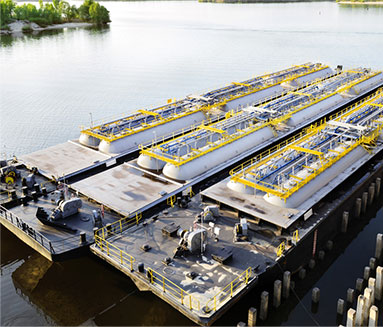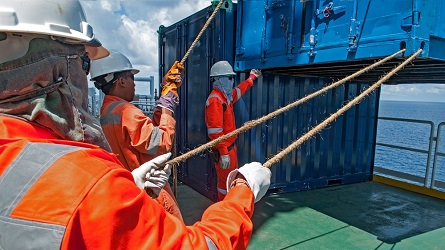When a tankerman becomes injured and unable to work after an accident that was caused by the negligence of a vessel’s owner, Captain or crew, maritime laws give them the right to seek compensation for their losses. The tankerman injury attorneys at Lambert Zainey can help.
What Is A Tankerman?
A tankerman oversees the transfer of liquid cargo aboard oceangoing tankships or inland river barges. This cargo can consist of dangerous liquids or liquefied gases, such as gasoline, crude oil or liquid natural gas.
A careless coworker, a broken valve, a defective safety device or even a lack of training may be all it takes to trigger a disaster.
Lambert Zainey has its headquarters in New Orleans, but we serve injured maritime workers all over the U.S. If you are a tankerman who has been injured due to a preventable accident, we urge you to reach out to Lambert Zainey without delay. Statutes of limitation apply for maritime and offshore injury lawsuits, and the sooner we get to work on your case, the better your chances of success.
Section Close DIVCommon Injuries In Tankerman Accidents
A tankerman must be capable of lifting heavy equipment, climbing stairs and ladders, and moving around small or difficult to reach areas of a vessel. Consequently, their job often puts them into potentially hazardous situations with a high risk of serious, or even fatal, injuries.
sample









